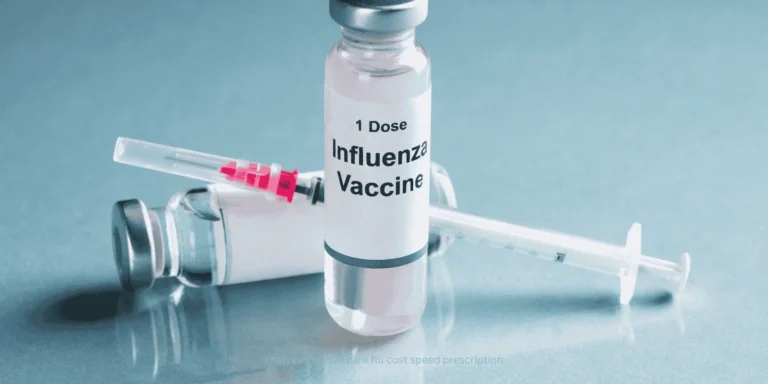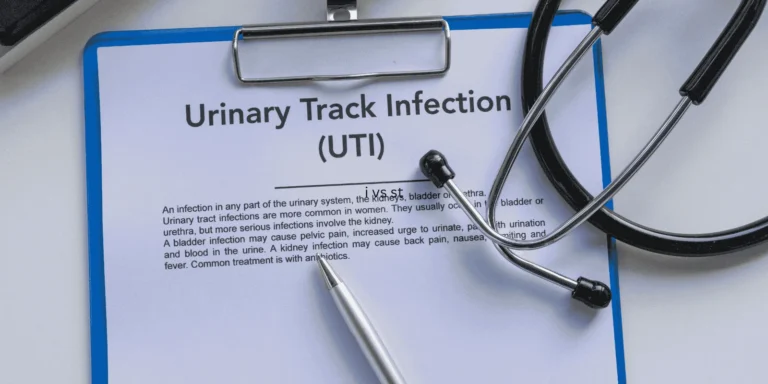Unfortunately, there are no effective over-the-counter treatments specifically approved for bacterial vaginosis. BV requires prescription antibiotics for proper treatment, as it’s caused by bacterial overgrowth that OTC antifungal medications cannot address.
Why OTC treatments don’t work for BV: Bacterial vaginosis involves an overgrowth of harmful bacteria, not yeast. OTC antifungal medications like those used for yeast infections are designed to kill fungi, not bacteria, making them ineffective against BV.
Common OTC products that won’t cure BV:
- Antifungal creams and suppositories (miconazole, clotrimazole) treat yeast, not bacteria
- Feminine hygiene products and douches can actually worsen BV by disrupting vaginal pH
- Acidic gels or suppositories marketed for “pH balance” lack sufficient strength to eliminate bacterial overgrowth
Prescription treatments that work: Metronidazole (Flagyl) is the most commonly prescribed antibiotic for BV, available as oral tablets or vaginal gel. It specifically targets the anaerobic bacteria that cause BV.
Clindamycin is another effective antibiotic available as oral capsules or vaginal cream, particularly useful for patients who can’t tolerate metronidazole.
Supportive OTC measures: While OTC products can’t cure BV, some may help with symptom management:
- Probiotics containing lactobacilli may help restore normal vaginal bacteria after antibiotic treatment
- Gentle, unscented soaps for external cleaning (avoiding harsh chemicals)
- Cotton underwear and breathable fabrics to reduce moisture
What to avoid:
- Douching (makes BV worse by disrupting bacterial balance)
- Scented products, bubble baths, or harsh soaps
- Self-treating with antifungal medications (delays proper treatment)
Why professional diagnosis matters: BV symptoms can mimic yeast infections, STIs, or other conditions. Proper diagnosis through testing ensures you receive appropriate treatment. Self-treating with wrong medications can worsen the condition or mask serious infections.
The importance of prescription treatment: Untreated BV increases risk of:
- STI acquisition including HIV
- Pregnancy complications
- Pelvic inflammatory disease
- Recurrent infections
Prevention strategies:
- Avoid douching and harsh feminine products
- Practice safe sex with barrier methods
- Maintain good hygiene without over-cleaning
- Consider probiotics to support healthy vaginal bacteria
If you’re experiencing BV symptoms like unusual discharge, fishy odor, or vaginal irritation, ChatRx can help diagnose your condition and prescribe appropriate antibiotic treatment.













